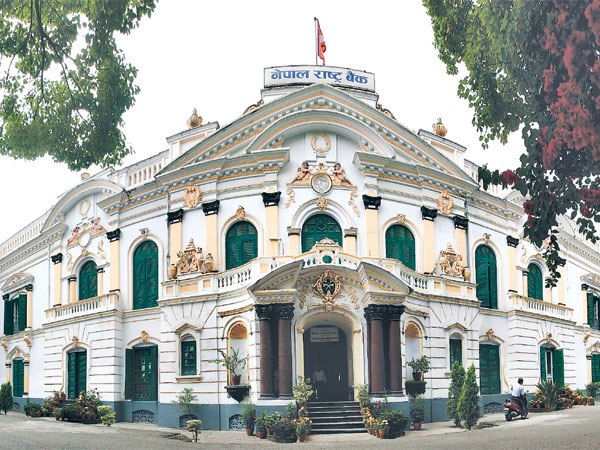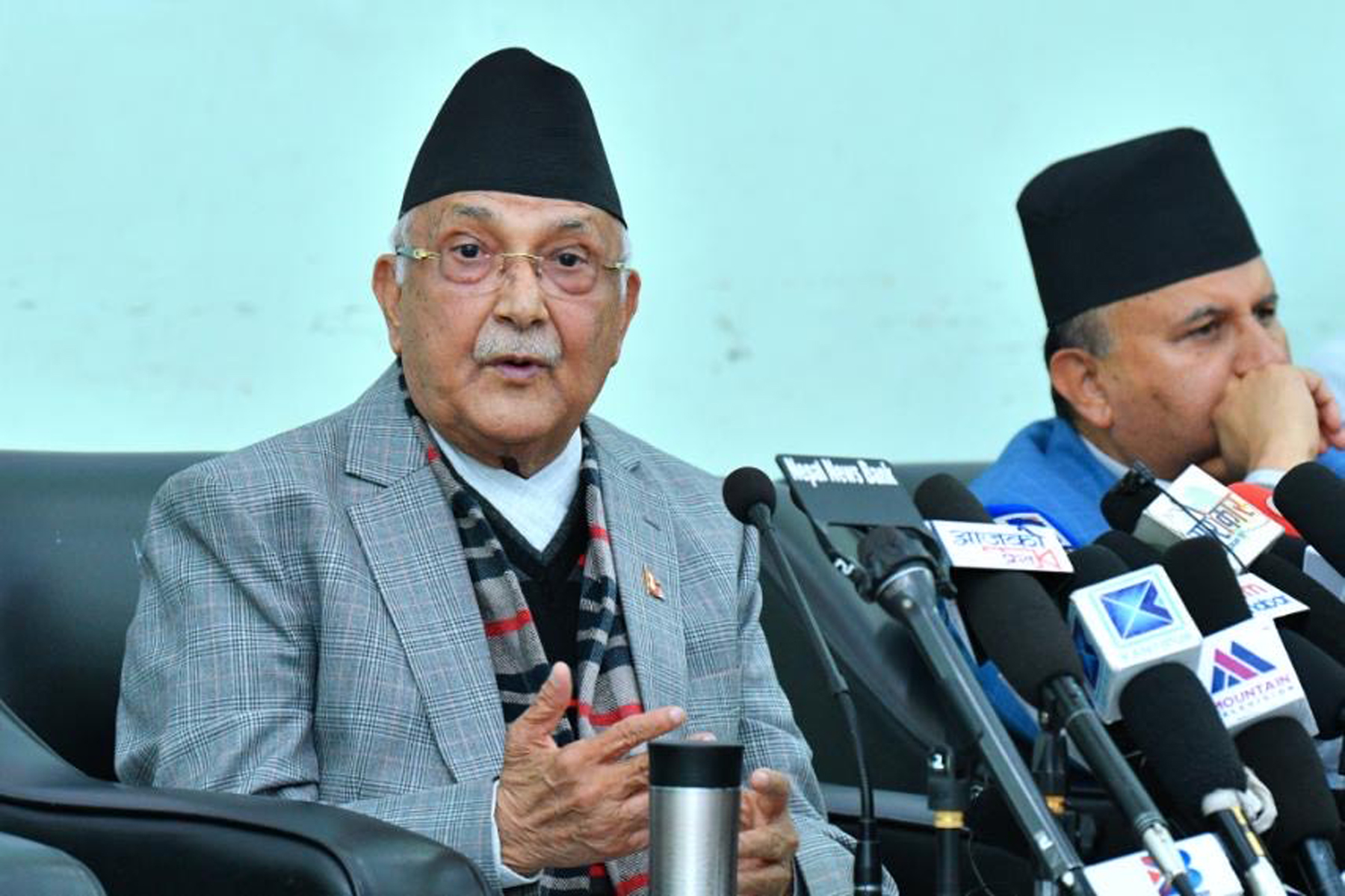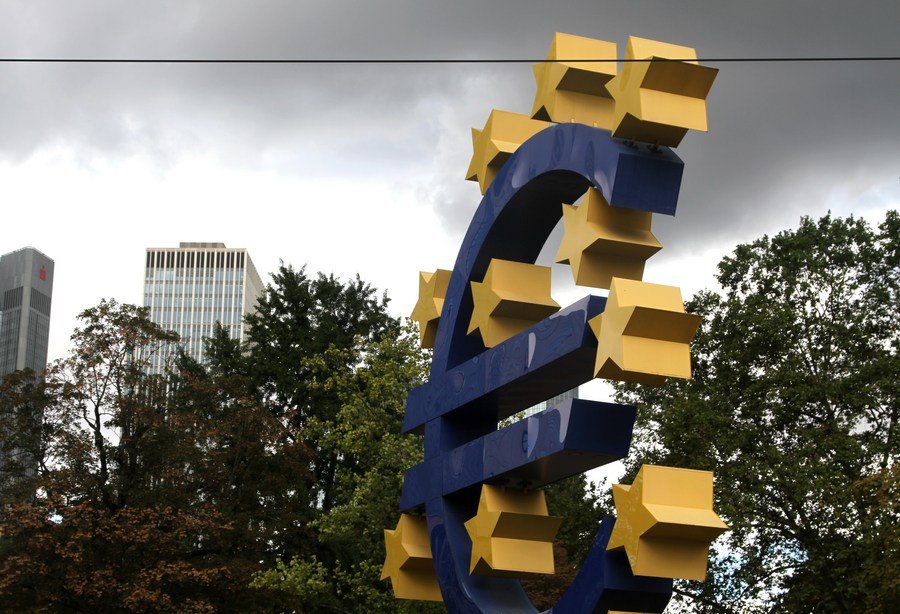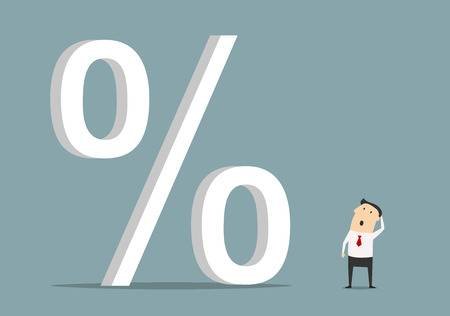
With the liquidity crunch at banks and financial institutions, the Nepal Rastra Bank (NRB) on Sunday issued a fresh directive on interest rates.
The post Central bank issues new directive on interest rates appeared first on OnlineKhabar English News.








